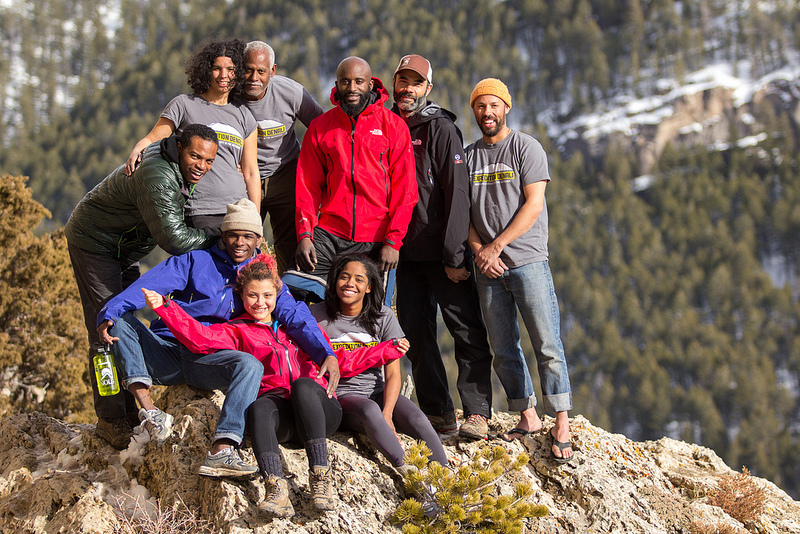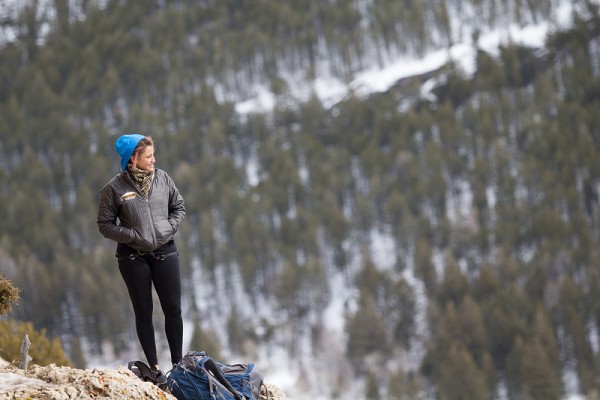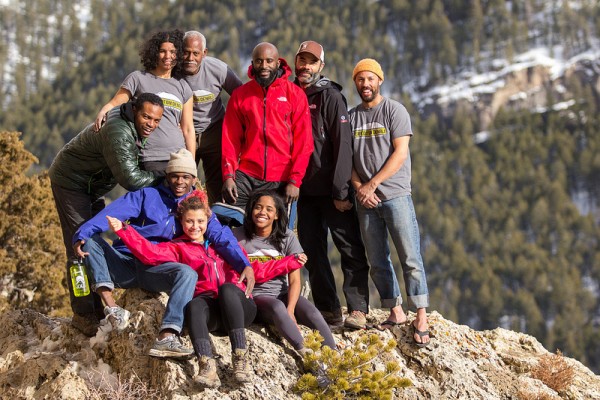In the years I’ve spent climbing mountains, descending into canyons, and generally getting into all sorts of adventures, I’ve rarely run into another person of color in the outdoors.
Skimming through the travel glossies that so captured my young imagination revealed images of white people doing what society defined as white people things: hiking, camping, climbing. This vague and at once startlingly direct message from travel media and society at large left an impression on me — a Latino city kid — of total exclusion.


